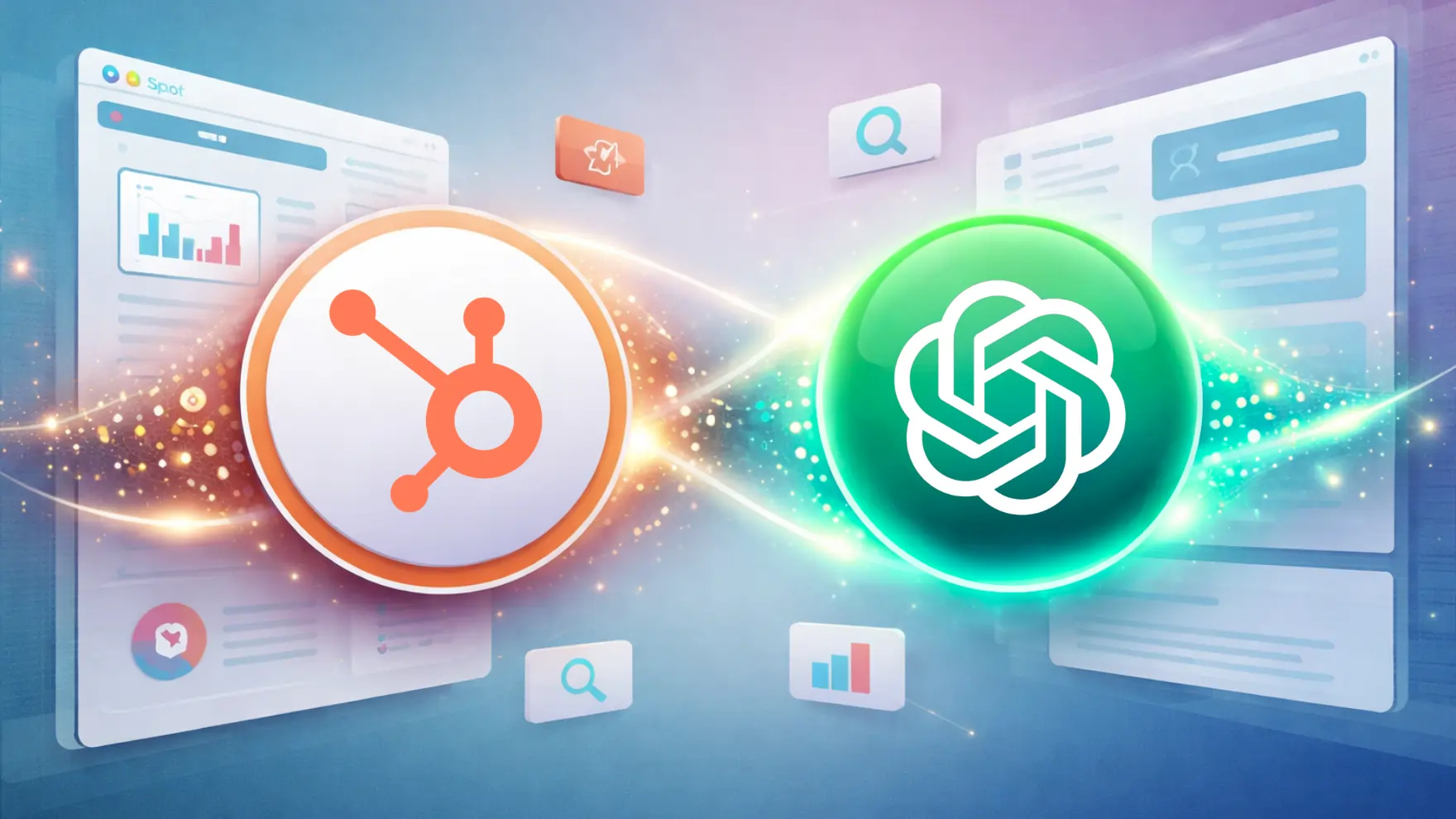Sonary Blog: Software News, Insights, and Expert Guides
Welcome to Sonary's Content Hub. Access the newest software news, expert insights, and practical guides. Enhance your software knowledge and stay ahead with Sonary's comprehensive content.
Latest articles


